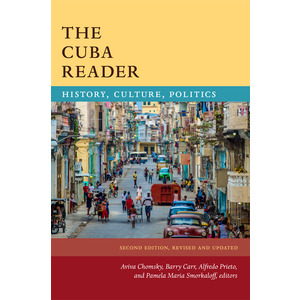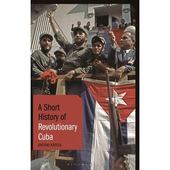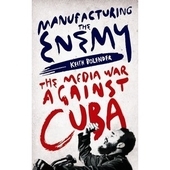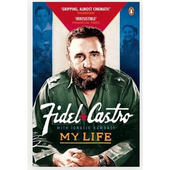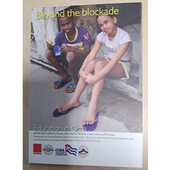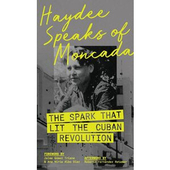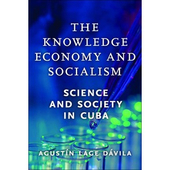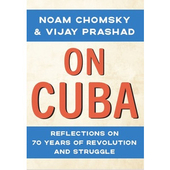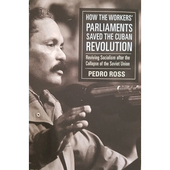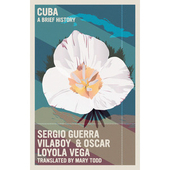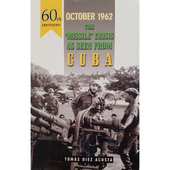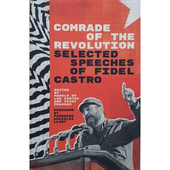Cuba Reader (The): History, Culture, Politics
2nd edition, Duke University Press
Editors: Aviva Chomsky, Barry Carr, Alfredo Prieto, Pamela Maria Smorkaloff
paperback, 727 pages
Recently updated edition includes 131 pieces of writing including excerpts from classic Cuban texts: essays, poems, songs and speeches, plus interviews, declassified US official documents, and more.
£26.99 inc p&p
| Check Basket |
The Cuba Reader: History, Culture, Politics
2nd edition, Duke University Press
Editors: Aviva Chomsky, Barry Carr, Alfredo Prieto, Pamela Maria Smorkaloff
More than 500 years of writing on history, culture and politics is a lot to fit in one book, even if it has 727 pages, but in this recently updated (20 new chapters!) and revised edition ‘The Cuba Reader’ has that ambition. Out of the 131 pieces of writing many are classic Cuban texts: excerpts from essential essays, poems, songs or speeches.
There is the story of the indigenous hero Hatuey’s resistance against the Spanish in the 16th century, Cespedes’ decree against slavery in 1868, Jose Marti’s 1891 anti-colonial, anti-racist declaration in ‘Our America’ and ‘Guantanamera’ poem which became the lyrics to Cuba’s unofficial national anthem. Extracts from anthropologist Fernando Ortiz on the development of Cuba’s culture by ‘transculturation’; testimonials of slavery such as Juan Francisco Manzano’s autobiography, Miguel Barnet’s Biography of a Runaway Slave (Esteban Montejo) and others. The famous ‘History will absolve me’ speech by Fidel Castro as a young man from the court dock after the failed attack on the Moncada garrison in 1953, laying out his manifesto and inspiration for the revolution to come; ‘Socialism and Man’ the blueprint for the new revolutionary by Che Guevara. Key poems by national poets Nicolás Guillén and Nancy Morejón; the ‘Caliban’ essay on the necessary decolonisation of literature by Roberto Fernandez Retamar.
The Cuban texts are interspersed and ‘shaped’ by texts by others from outside the island looking in, especially North American writers and residents, whose viewpoint you don’t have to agree with. You can dip in and out and not treat every text as of equal value.
Declassified secret official US documents make sobering reading. They reveal by June 1959 the US considered they needed to “accelerate development of an opposition resulting in…a new government favourable to US interests”. In the aftermath of the Bay of Pigs invasion, the US state department authorised ‘Operation Mongoose’ which aimed to destabilise and overthrow the Cuban government. A July 1962 report on the operation states “time is running out”, 11 teams of CIA recruits were on the ground already, US military had the capacity. The October Missile Crisis followed. The extracts from wikileaks (2009) and Tracy Eaton’s writing (2016) on USAID’s multibillion dollar investments in ‘pro-democracy support’ and ‘regime change’ bring that same old story up to date.
But the most moving to read are the interviews with Cubans on the island over the years - farm workers, literacy teachers, waiters, descendants of the indigenous Taíno people, musicians, dockers - who bear witness to the changes the revolution was bringing to them and around them. Contemporary female voices of Mariela Castro of CENESEX on LGBTQI+ rights and Zuleica Romay on combatting racism are included. There are also various critics but the book ends with some thoughtful current opinion from the Cuban media – including Cristina Escobar and Rafael Hernandez on explaining Cuban reality and moving forward.
Trish Meehan for CubaSi Summer 2021
